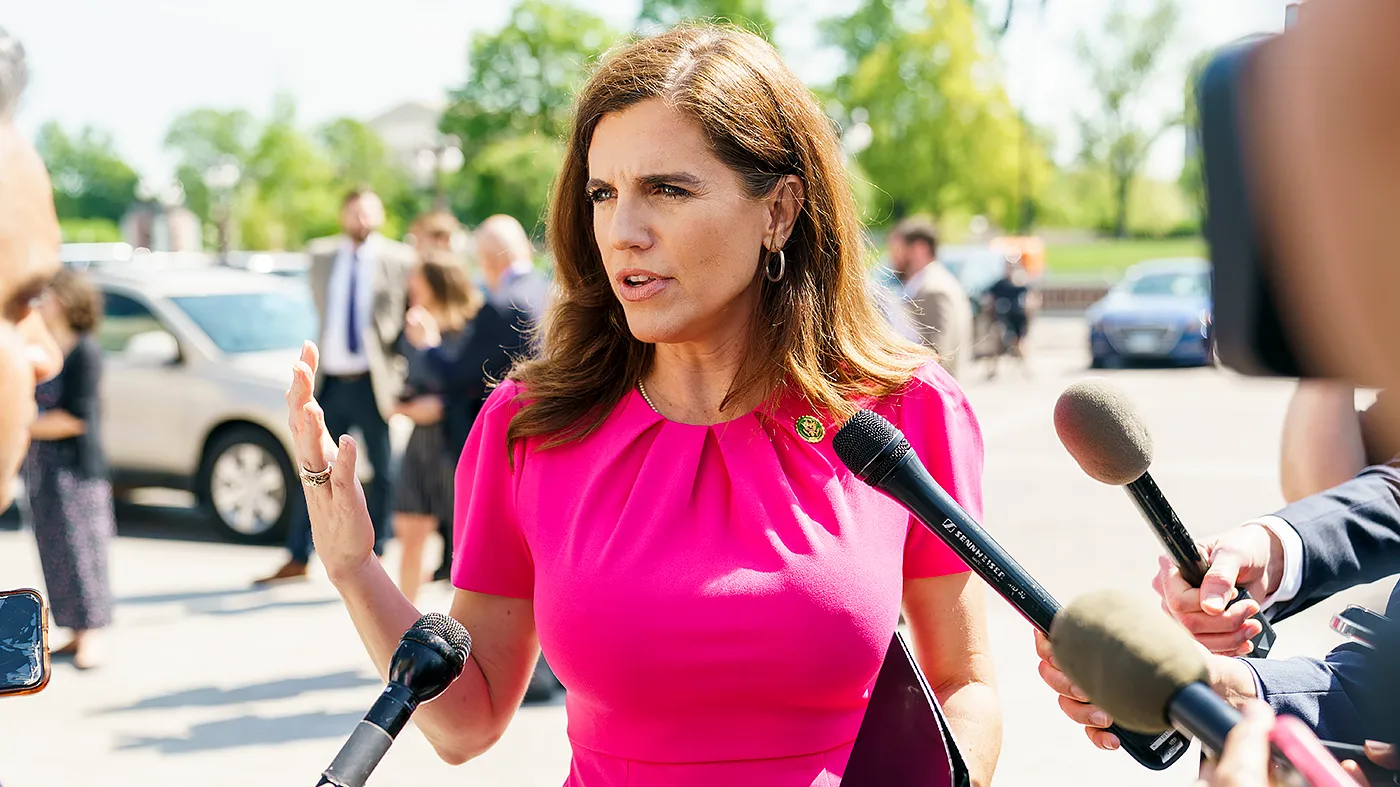During an interview with Steven Crowder, Epstein elaborated on how Google’s search suggestions can shape public opinion.
“We found that negative suggestions attract far more clicks than neutral or positive ones,” Epstein explained. This phenomenon, known as the “search suggestion effect” (SSE), has profound implications for undecided voters. By controlling the type and tone of search suggestions, Google could potentially sway a significant portion of the electorate.

According to The Daily Caller:
A study has found that tech companies can influence the decisions of large numbers of undecided voters with search suggestions on search engines.
The study, conducted by Dr. Robert Epstein and several other affiliates of the American Institute for Behavioral Research and Technology (AIBRT), sought to determine whether the suggestions that pop into the search bar when using engines like Google can influence the voting behavior of undecideds. Its findings suggest that the “search suggestion effect” (SSE) is real and powerful, so much so that search engine operators controlling search suggestions could have “the power to shift a large number of votes without people’s awareness,” Epstein told the Daily Caller News Foundation.
“We found that negative suggestions attract far more clicks than neutral or positive ones, consistent with extensive research on negativity bias, and that the differential suppression of negative search suggestions can turn a 50/50 split among undecided voters into more than a 90/10 split favoring the candidate for whom negative search suggestions were suppressed,” the study states. “We conclude that differentially suppressing negative search suggestions can have a dramatic impact on the opinions and voting preferences of undecided voters, potentially shifting a large number of votes without people knowing and without leaving a paper trail for authorities to trace.”
Epstein’s research, conducted under the auspices of the American Institute for Behavioral Research and Technology (AIBRT), indicates that this form of manipulation could shift millions of votes. In the 2024 presidential election, for example, Epstein estimates that Google’s influence could shift between 6.4 to 25 million votes. This manipulation is particularly potent in tightly contested races, where a small margin can determine the outcome.
ELECTION INTERFERENCE: Google Technical Program Manager says @Google Search “skewed by owners and drivers of the algorithm” to favor @JoeBiden over @realDonaldTrump
“Plain and simple trying to play god”#ExposeGoogle pic.twitter.com/PyA0CQChjU
— Dr Sherri Tenpenny (@BusyDrT) October 20, 2020
